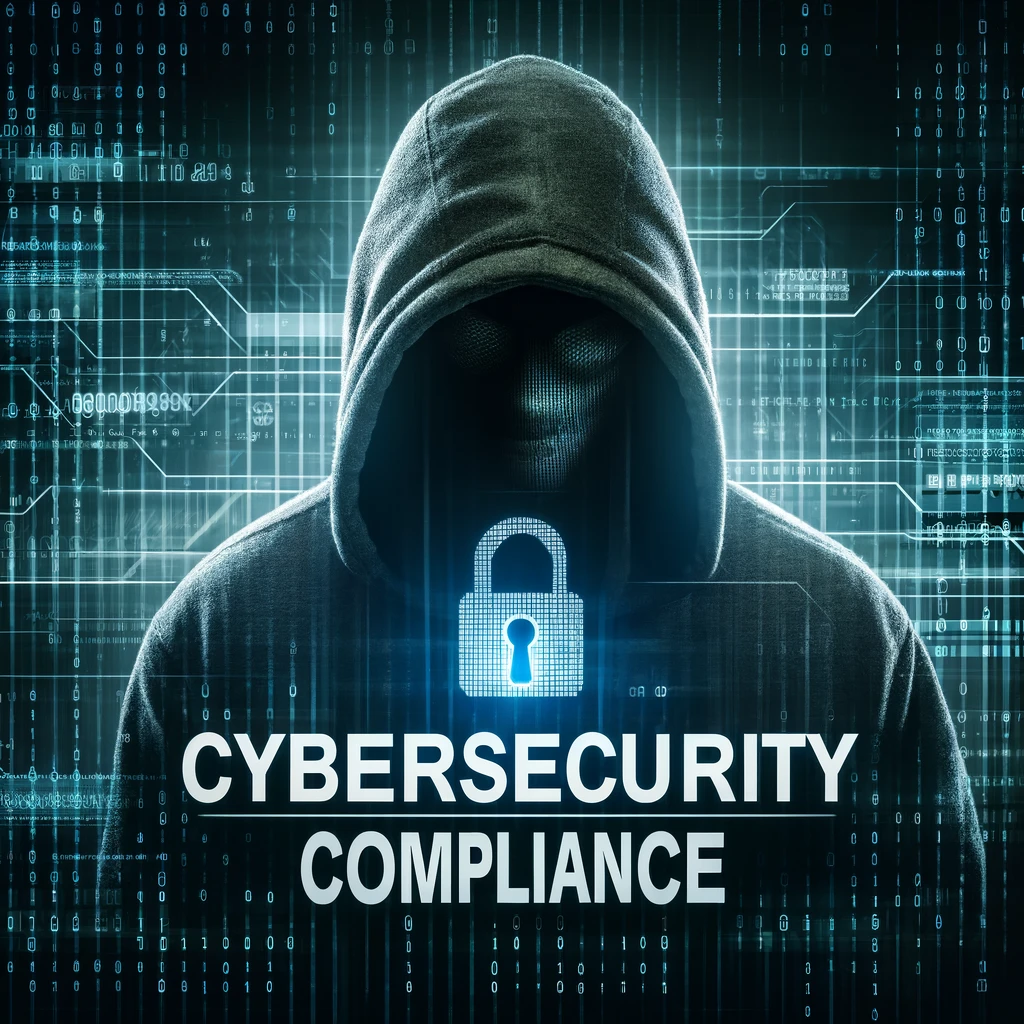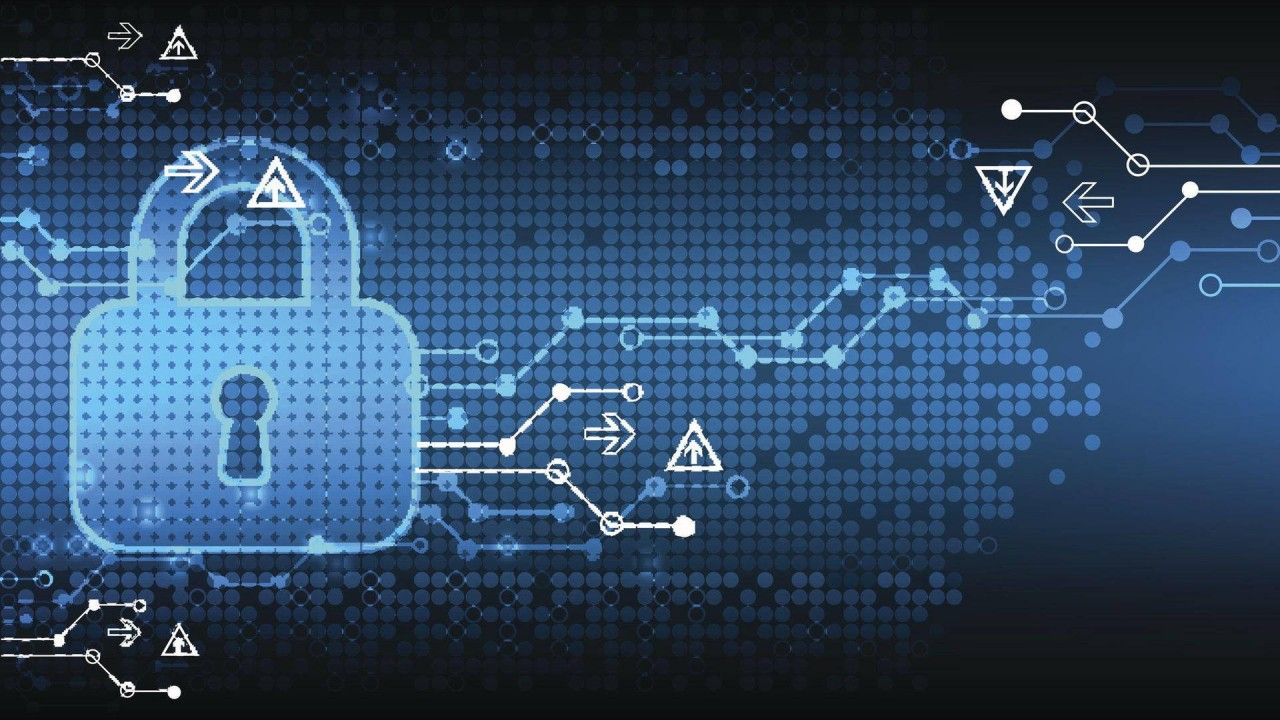In today’s digital age, cybersecurity compliance is more than just a buzzword—it’s a fundamental requirement for any organization that wants to safeguard sensitive data and ensure a robust security posture. Understanding and adhering to various compliance regulations can be daunting, but leveraging compliance management and cybersecurity compliance services can simplify this process significantly.

Cybersecurity Compliance Services
Understanding Cybersecurity Compliance
What is Cybersecurity Compliance?
Cybersecurity compliance refers to the adherence to a set of standards, regulations, and best practices designed to protect the confidentiality, integrity, and availability of information and information systems from cyber threats. It differs from general cybersecurity practices in that it focuses specifically on meeting the requirements set forth by regulatory bodies and industry standards.
The key objectives of cybersecurity compliance are to protect sensitive data, ensure regulatory adherence, and enhance organizational security posture. A well-defined compliance strategy is essential to achieving these objectives. These objectives help minimize the risk of cyber incidents and ensure that businesses are prepared to respond effectively to any threats that may arise.
Common Compliance Frameworks
General Data Protection Regulation (GDPR)
GDPR is a European regulation aimed at protecting the privacy and data of individuals within the European Union. It imposes strict data protection requirements on how organizations collect, store, and process personal data.
Health Insurance Portability and Accountability Act (HIPAA)
HIPAA is a U.S. regulation focused on protecting sensitive patient information from being disclosed without the patient’s consent or knowledge. It applies primarily to healthcare providers and insurers, ensuring the security of patient data.
Payment Card Industry Data Security Standard (PCI DSS)
The Payment Card Industry Data Security Standard (PCI DSS) is a set of comprehensive security standards designed to ensure the protection of cardholder data and mitigate the risk of data breaches and fraud. Developed by the Payment Card Industry Security Standards Council (PCI SSC), PCI DSS applies to all entities involved in processing, storing, or transmitting credit card information, including merchants, financial institutions, and service providers.
Federal Information Security Management Act (FISMA)
The Federal Information Security Management Act (FISMA) is a United States federal law enacted in 2002 as part of the E-Government Act. FISMA’s primary objective is to strengthen the security of information and information systems within federal agencies. It aims to ensure the protection of federal data against unauthorized access, use, disclosure, disruption, modification, or destruction, thus safeguarding the confidentiality, integrity, and availability of information.
Other Industry-Specific Guidelines
- ISO/IEC 27001: An international standard for managing information security.
- NIST Cybersecurity Framework: A voluntary security framework consisting of standards, guidelines, and practices to promote the protection of critical infrastructure.
Components of Cybersecurity Compliance Services
Initial Assessment and Gap Analysis
A comprehensive gap analysis is the first step in any cybersecurity compliance service. This involves identifying the organization’s current security posture, conducting a risk assessment, and highlighting areas where compliance requirements are not being met. This initial assessment sets a benchmark for future improvements and helps tailor compliance strategies to the organization’s specific needs.

Cybersecurity Compliance Services Provider
Benefits of Cybersecurity Compliance Services
Regulatory Adherence
One of the primary benefits of cybersecurity compliance services is ensuring that your organization adheres to relevant regulations. This adherence to regulatory standards helps avoid fines and penalties, builds trust with customers, and enhances your reputation in regulated industries.
Risk Mitigation
Compliance services help mitigate security risks by implementing proactive monitoring and threat detection measures. This not only helps prevent incidents but also enhances the organization’s resilience against potential threats.
Cost Efficiency
Investing in compliance services can lead to significant cost savings by preventing data breaches and streamlining operations. Efficient processes and compliant operations reduce redundancies and improve overall workflow efficiency.
How to Choose the Right Cybersecurity Compliance Service Provider
Key Considerations
When selecting a cybersecurity compliance service provider, it’s crucial to evaluate their expertise and experience. Look for providers with qualifications and industry-specific experience to ensure they can meet your organization’s unique needs. Review the range of services they offer and consider customization options to ensure their solutions align with your requirements.
Evaluating Costs
Understanding the cost structure of compliance services is essential. Providers may offer different pricing models, such as subscription-based or project-based. Balancing cost with potential ROI will help you make an informed decision. Proper budgeting and financial planning are also crucial to allocating resources effectively for compliance services.
Next Steps
To get started with cybersecurity compliance services, identify your specific compliance needs, conduct a gap analysis, and select a reputable service provider. By prioritizing compliance, you can ensure your organization is well-protected in today’s digital landscape.
Contact us for consulting services and take the first step towards a robust cybersecurity compliance strategy.

Managed Security Compliance Service
Frequently Asked Questions (FAQ)
What are security compliance solutions?
Security compliance solutions refer to a set of processes and technologies designed to ensure that an organization adheres to regulatory requirements, industry standards, and security policies.
These solutions, including compliance tools, help organizations to mitigate risks, prevent cyber security breaches, and protect sensitive information.
How can a security audit help in regulatory compliance?
A security audit is a comprehensive review of an organization’s systems and practices related to security. The audit process helps in identifying vulnerabilities and ensuring that proper security controls are in place.
Conducting regular security audits is essential for maintaining regulatory compliance and can help in uncovering any gaps that need to be addressed to meet compliance standards.
What constitutes an effective compliance program?
An effective compliance program consists of policies, procedures, and controls designed to ensure adherence to industry regulations and compliance standards.
Such programs typically include compliance measures like regular training, audits, assessments, and continuous monitoring to ensure compliance with regulatory requirements and internal policies.
Why is managed security important for compliance?
Managed security services provide ongoing monitoring and management of an organization’s security infrastructure. These services are crucial for compliance as they help in the timely detection and response to potential security threats, ensuring that security controls and compliance standards are consistently maintained. Managed security services can also offer expert guidance to ensure compliance with industry regulations.
How do compliance standards ensure the security of an organization?
Compliance standards are established guidelines that organizations must follow to protect sensitive information and prevent cyber security breaches. These standards provide a framework of security controls, procedures, and security guidelines that organizations need to implement.
What is a cyber security breach and how can organizations prevent it?
A cyber security breach occurs when an unauthorized party gains access to an organization’s digital assets, potentially compromising sensitive information. Therefore, it is crucial to implement robust security controls as a fundamental breach prevention strategy. Additionally, conducting regular assessments of security measures helps identify vulnerabilities. Furthermore, adhering to frameworks such as the NIST CSF (National Institute of Standards and Technology Cybersecurity Framework) ensures a structured approach to cybersecurity. Moreover, regular audits and continuous monitoring play a vital role in early detection and response to potential breaches. Consequently, these measures collectively enhance an organization’s defense against cyber threats.
How does the NIST CSF framework help in assessing cybersecurity risks?
The NIST CSF (National Institute of Standards and Technology Cybersecurity Framework) provides a structured approach for organizations to assess and improve their cybersecurity practices. It helps organizations with risk management by identifying, protecting, detecting, responding to, and recovering from cyber threats.
By using this framework, organizations can conduct comprehensive assessments of their cybersecurity posture and implement necessary controls to mitigate risks effectively.




